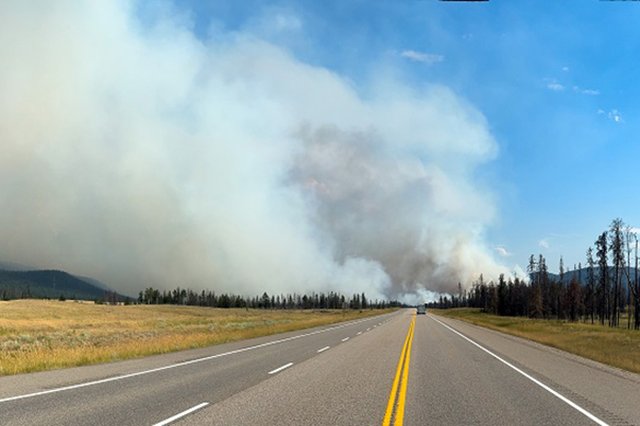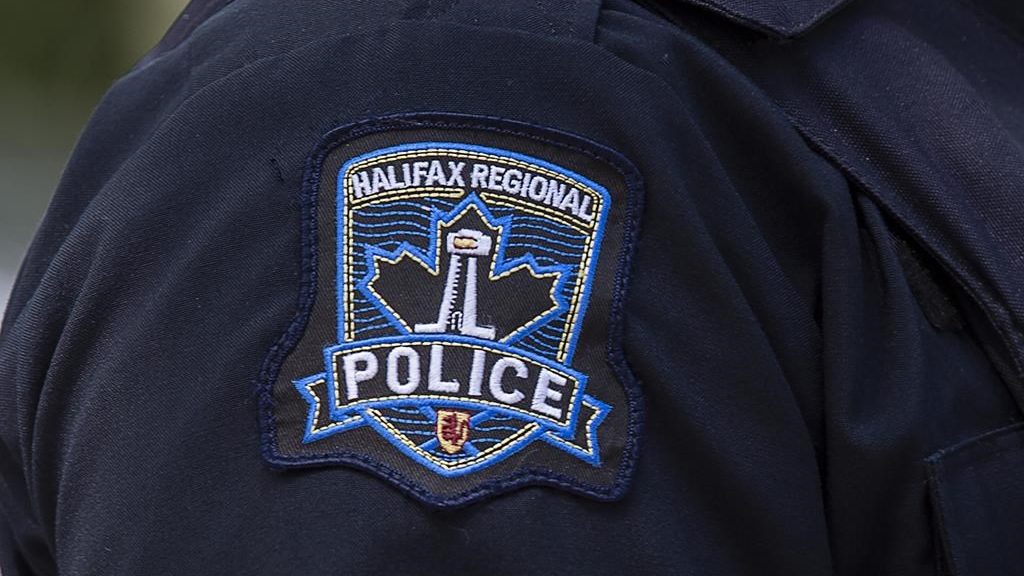Nova Scotia implements new national screening protocols for COVID-19 (update)
Posted Mar 9, 2020 07:33:00 PM.
If you've travelled outside of the country within the last 14 days, health officials want you to closely monitor your condition.
This comes as Nova Scotia implements new national screening protocols while the novel coronavirus continues to spread.
Previously, only those returning from certain affected areas were asked to do this, however the province's Chief Medical Officer of Health, Dr. Robert Strang, said it's now thought anyone who has left the country could have been exposed to the virus.
“If people in that 14 day period, if they begin to feel unwell, we're saying you need to isolate yourself at home,” Strang said at a news conference Monday afternoon. “If they then go on to develop fever or a new cough, they are to phone 811. 811 will do an assessment on their tele-triage and direct people, if appropriate, to their nearest COVID-19 testing centre.”
Strang said the 811 system is already seeing an increase in calls and warns there could be a wait time in the short-term while they build up their capacity.
That's why those just looking for general information about COVID-19 are being asked to go to the government website, or to call the federal government information line at 1-833-784-4397.
“Certainly if there's other health questions, concerns other than about COVID-19, please use 811, but if it's for COVID-19, please Nova Scotians, only call 811 if you've had recent travel and you have fever or a new cough,” he pleaded.
In addition, anyone who has travelled outside the country is not allowed to enter a long-term care facility for 14 days following their return to the country, even if they don't have symptoms.
“We're asking … if they're in that situation, go that extra step and minimize their contact with people who are at the greatest risk of getting severe disease,” Strang said. “Even though they themselves may be well in the 14 day period, we're saying minimize your contact with people who are older, and especially those who are older and have chronic conditions.”
With March Break next week, Strang wants families planning an international trip to know they could face restrictions on their return. He is encouraging them to check out the federal government's travel and tourism website for the latest information on their destination and be vigilant when it comes to personal hygiene.
“If people do have to travel or choose to travel on a plane, as well as go through an airport, those are places where there's an increased likelihood of coming into contact with others that might be infected,” he explained.
“So trying to keep your space from people, avoiding face-to-face contact, really ramping up your hand washing, being very careful where your hands go in terms of railings and that kind of stuff, not touching your face, certainly not before you've washed your hands,” he added. “And when you're on the plane, pulling down the seatback tray, wiping that down with an alcohol wipe, all those things will be very helpful in decreasing your chance of exposure.”
Strang said, so far, there have been no cases of the virus spreading on an airplane, however the Public Health Agency of Canada is now recommending against travelling on a cruise ship
Today's update comes as Canada records its first death related to COVID-19. A man in his 80s died Sunday night in hospital. The senior had been a resident of a long-term care home in North Vancouver.
As of March 9, Strang said there hasn't been any solid evidence of community-based transmission of the virus in the country, but that is likely to change.
“At some time in the near future, we may well be coming back and saying we have advice for people who travel within Canada, outside of Nova Scotia … this is rapidly evolving, but today we're talking about people travelling outside of the country.”
To prevent the spread of respiratory viruses, including COVID-19, the province says it is important that all Nova Scotians:
- practise good handwashing hygiene
- use cough and sneeze etiquette
- avoid touching your face
- minimize close face-to-face contact with people who appear ill
- stay away from others if you feel unwell
- regularly clean and disinfect high touch surfaces








